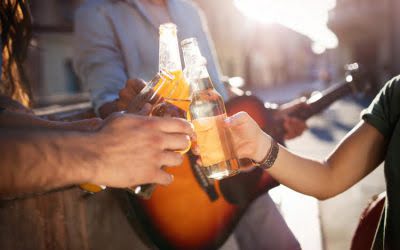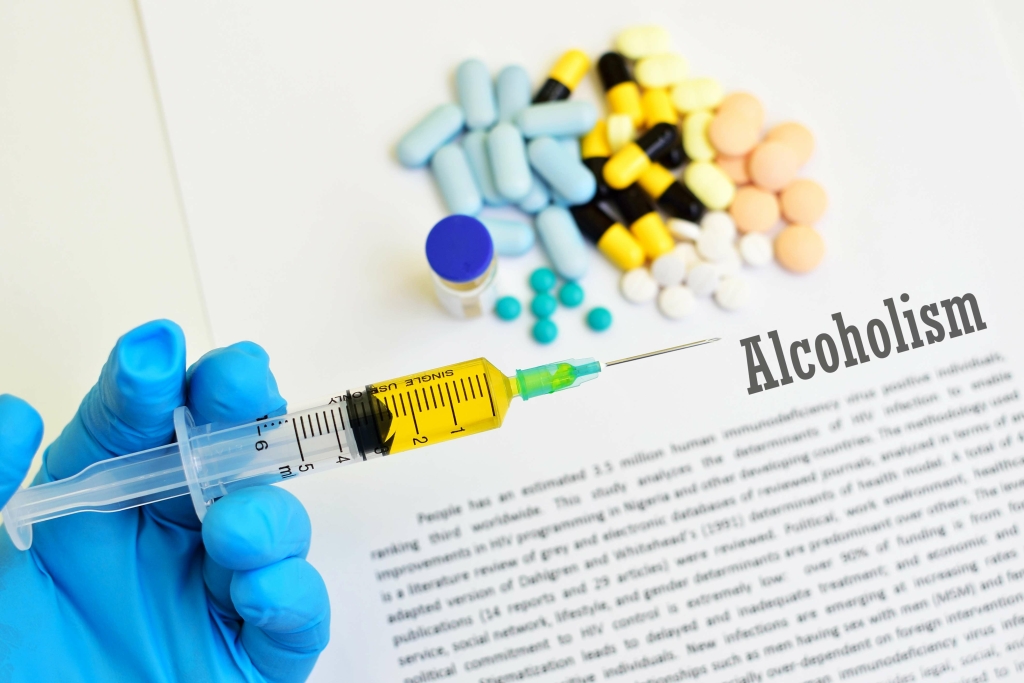Tragically, in the media and mainstream society we hear much more about the dramatic and fiery wreckage of active addiction and relapse than we do about quiet, inspired, and inspiring stories of long-term recovery. Finally, it is important to note that we expect a person in addiction recovery to no longer show any signs of that illness, although internally they may remain vigilant against possible relapse. Our recovery role models tend to be those who have re-integrated into society fully, and are indistinguishable from the rest of the population. In fact, if we were told that the person used to have a drug problem, we would be surprised. After all, they would https://mobaon.net/drug-rehab-center-life-saver-for-drug-addicts/ show no outward signs of those past behaviors or ways of thinking.

Treatment vs. Recovery: What’s the Difference?
- Millions of people do, whether they were once compulsive users of opiates, alcohol, or gambling.
- The well-researched science of behavior change establishes that addictive behavior change, like any behavior change, is a process that starts long before there’s any visible shift in activity.
- And what is generally recognized is that recovery refers to more than simply refraining from taking drugs (6).
- Some professionals think that true recovery means that you fully integrate with the general population, and leave that community behind.
- Research also suggests that support from families can be key to recovery, but that few families become engaged in the process.
However, this image cannot be cultivated due to the lack of consensus on the definition of recovery (8). Notions such as health, life quality, and chronic disorders have, however, been promoted along with the notion of recovery, and few studies have been performed on the qualities and characteristics of recovery. Therefore, this study was conducted to define and clarify this concept based on the literature to illustrate the concept of addiction recovery through a qualitative analysis and its results have clinical applications.
Limits on virtual addiction treatment may soon return, making care harder to access
- In fact, there is growing support for what is called harm reduction, which values any moves toward reducing the destructive consequences of substance abuse.
- Empowerment is another necessary mechanism of change; in psychological parlance it’s known as self-efficacy.
- A small group of adolescents relapsed when facing interpersonal difficulties accompanied by negative emotions and social pressures to drink or use.
There are many roads to recovery, and needs vary from individual to the next. Others do well on their own making use of available community resources. Addiction doesn’t just affect individuals; addiction is a family affliction. The uncertainty of a person’s behavior tests family bonds, https://nv9.ru/kak-sdelat-svechku-4-sposoba-wikihow creates considerable shame, and give rise to great amounts of anxiety. Because families are interactive systems, everyone is affected, usually in ways they are not even aware of. When a person goes into treatment, it isn’t just a case of fixing the problem person.

Addiction Recovery: Overcoming Your Alcohol or Drug Problem
It may include rediscovering a work http://www.easilyeducation.ru/eidets-631-1.html or social role, finding new recreational interests, or developing a new sense of spiritual connection. The important feature is that the interest avert boredom and provide rewards that outweigh the desire to return to substance use. • Identity—shifting towards a new, positive view of oneself, one more aligned with one’s deeper values and goals, one built on self-confidence gained by acquiring new skills and new behaviors. California consistently leads the nation with the highest number of facilities, having around 1,579 centers. Texas and Florida follow with sizeable offerings of over 1,000 treatment centers each, reflecting regional focus on combating addiction.

A brain hijacked by addictive chemicals loses perspective.

No matter which pathway of recovery a person chooses, a common process of change underlies them all. The well-researched science of behavior change establishes that addictive behavior change, like any behavior change, is a process that starts long before there’s any visible shift in activity. The treatment and recovery experiences will be different for everyone who goes through them, based on their specific addictions and personal needs. Both processes are very complex and require patience & sensitivity.


